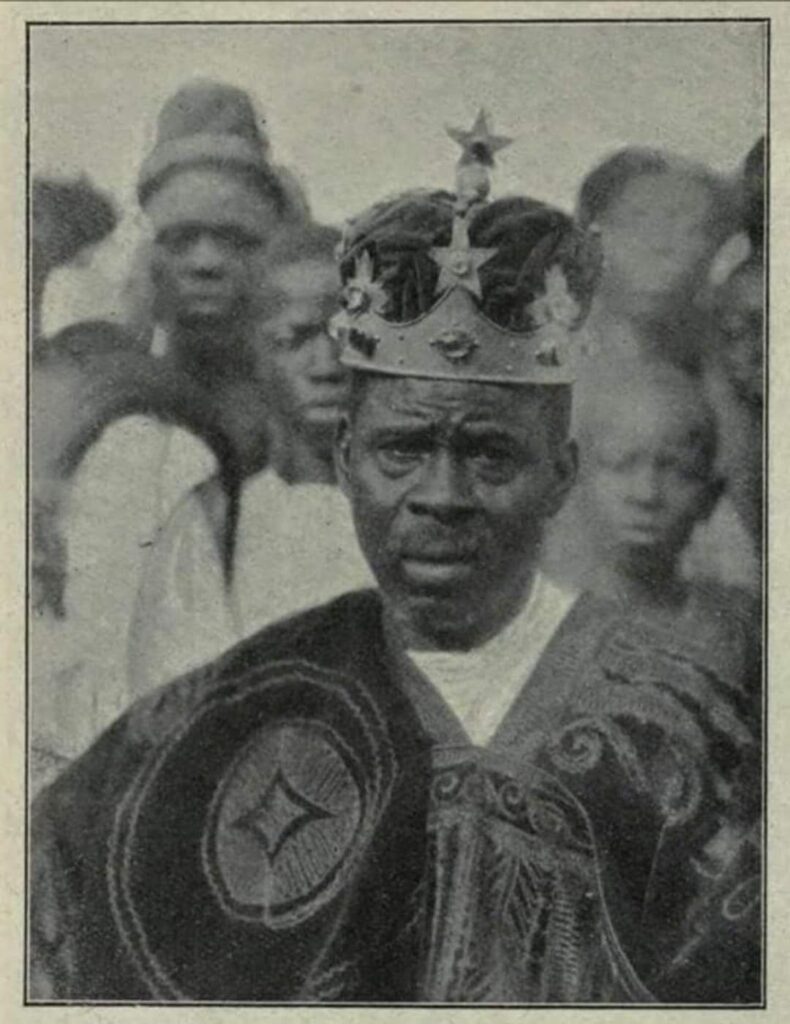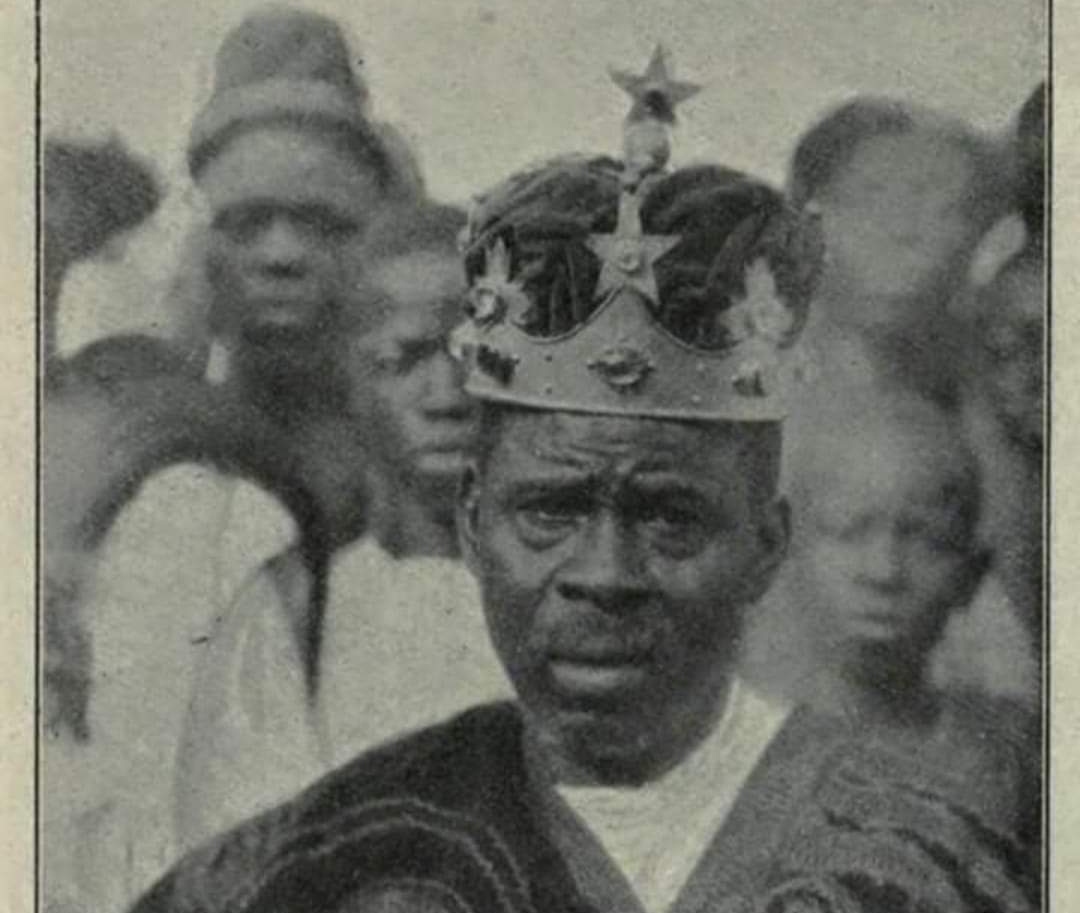The man in the image below is Igwe Walter Amobi, the founder of the Amobi dynasty, which dominated the traditional rulership of Ogidi throughout the 20th century.

Walter Kwọchaka was born in the mid-19th century to Abraham Amobi, one of the early converts to Christianity when the CMS missionaries arrived in Ọnịcha. As a result, Walter Amobi was raised and educated in the Christian faith. During his adulthood, he lived in Ọnịcha, where he established himself as a successful butcher, gaining both wealth and popularity.
Although not a native of Ọnịcha, he was actively involved in the Palace Council of the Obi of Ọnịcha. His influence and leadership caught the attention of the British authorities, and in 1898, he was appointed a Political Agent for the Royal Niger Company, commanding his own contingent of soldiers.
His relationship with the British and the Royal Niger Company proved crucial. In 1903, the people of Ọka approached him to assist in inviting the British to help end a long-standing civil war in Ọka, a story that will be told in greater detail later.
Walter Amobi’s influence continued to grow, and he played a key role in the British-led Onitsha Hinterland Expedition, which brought vast territories behind Ọnịcha under British control. In recognition of his efforts, the British officially acknowledged him as the Paramount Chief of Ogidi on July 9, 1904, making him the first king of Ogidi.
Walter Amobi’s personal life was equally significant. He married 62 wives and fathered around 108 children, which is why the Amobi family is regarded as the largest in Ogidi today.
Walter Amobi passed away in 1925, but his descendants continued to hold the traditional stool of Ogidi until 1998, when the people decided that the stool was no longer the exclusive heritage of the Amobi family. The throne remained vacant until 2016, when Igwe Alex Onyido, a non-Amobi, ascended as the new king of Ogidi.











